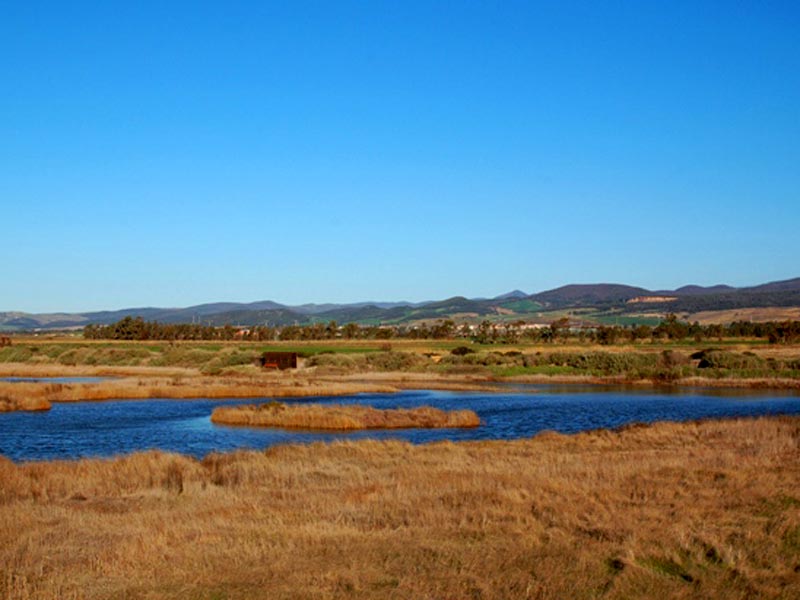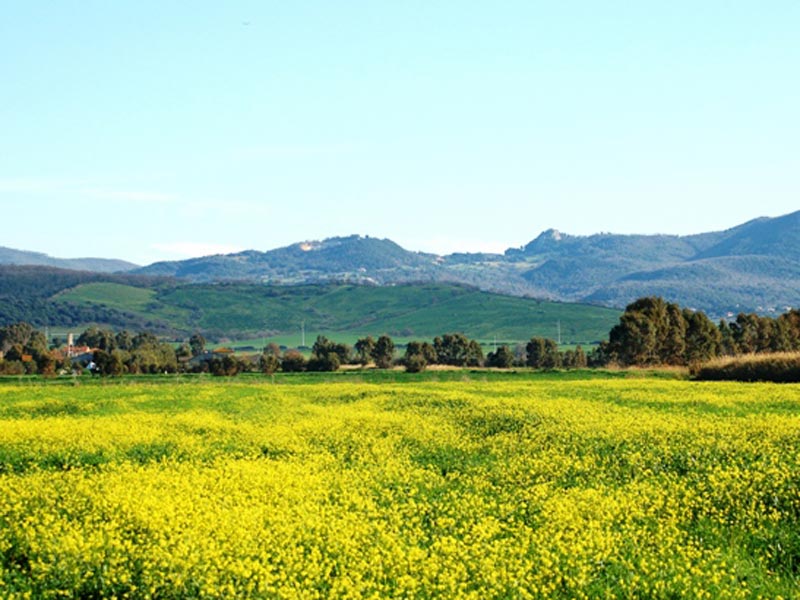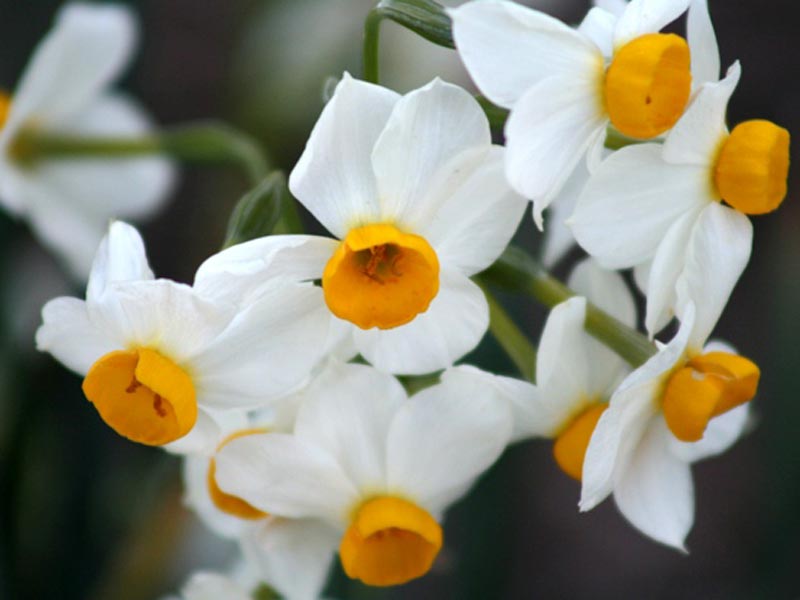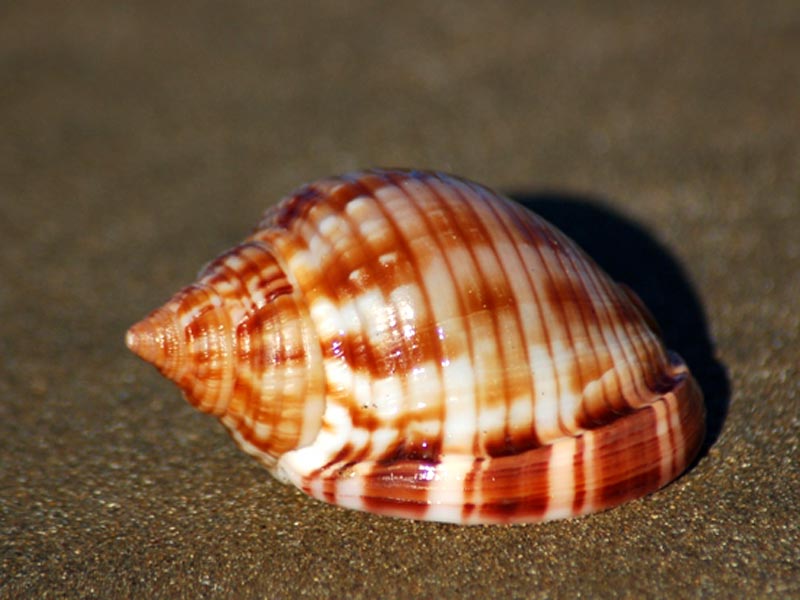Protected Area
Identity Card
- Macchiatonda Nature Reserve:
- Land Surface Area: 244.00 ha
- Regions: Lazio
- Provinces: Roma
- Municipalities: Santa Marinella
- Establishment Measures: LR 54 23/07/1983
- PA Official List: EUAP0268
- Park Authority: Comune di S. Marinella
- Further managed Protected Areas:
- ZSC Fondali antistanti S. Marinella
- ZSC Secche di Macchiatonda
- ZSC e ZPS Macchiatonda
The Reserve
Macchiatonda Regional Reserve was established with Regional Law in 1983, covers 250 hectares of coastal plain, 50 km in the north of Rome, at the foot of the hilly spurs where Monti della Tolfa and Colli Ceriti meet. The current distance from the sea, 60 meters, influences shape and growth but a sensible use of windbreak essences (tamarix and phragmites) has restored a decent arboreal covering in the small woodland.
The Environment
The coastal plain at the foot of Colli Ceriti has preserved its natural trend to turn to marshland despite the recent attempts of land reclamation. This trend has made easier the works of environmental recovery which, respecting the vegetational features, have enabled the widening of the wetlands, increasing the stop opportunities for the avifauna.
Origins and History
The landscape and the evolutionary background which some vegetable species gave us the opportunity to reconstruct from the end of the last glaciation (10,000 years ago) is that of a coastal plain where the coastline is situated at about 3 km from the current one, where now there are the homonymous shoals, delimiting a brackish basin which from Torre Flavia reached in the north-west the forest formation whose relict is today represented by the elm and laurel small woodland, and where the forest covering the plains and the hills of the Roman countryside and Maremma laziale used to begin.
Flora and Fauna
Vegetation
The coastal stretch, for an average depth of 100m, represents the area with the greatest variety of habitats. The ecosystem made of the elm and laurel wood, after which the protected area Macchiatonda was named, consists of the two species surrounded by Blackthorn. Specimens of Evergreen Buckthorn and Downy Oak are present and vital even if the foliage of the exposed specimens are continuously attacked by salty winds.
Wildlife
The floristic variety attracts representatives of almost all the birds families, which during the year are present in the area with over 200 species. Along the beaches you can always see the rare Audouin's gull (Larus audouinii), the Sandwich Tern, various kinds of Terns, and the Cormorant in winter. Among the mud-dwelling birds there are the Grey Plover, the Oystercatcher, and the Sanderling; several the passerines: the Crested Lark, the Calandra Lark, the Skylark, the Corn Bunting, and the Short-toed Lark live and nest in the area. Among the birds of prey, the Marsh Harrier, the Kestrel, the Peregrine, and various Harriers, Greyleg Geese, Wigeon, Gadwalls, Common Teals and the nesting Coots, Mallards, Little Grebe, and Moorhens.









